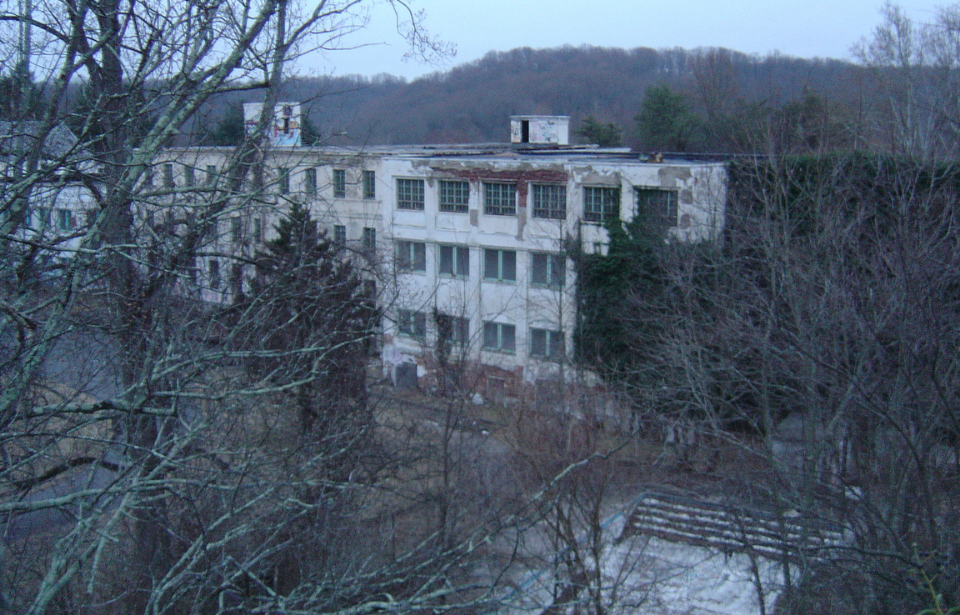The now-demolished Henryton State Hospital in Marriottsville, southern Carroll County, Maryland once served as a tuberculosis sanatorium. The 19-building complex operated from 1922-85, and was left largely abandoned until it was knocked down in 2013, despite efforts to keep it standing.
A need to treat tuberculosis
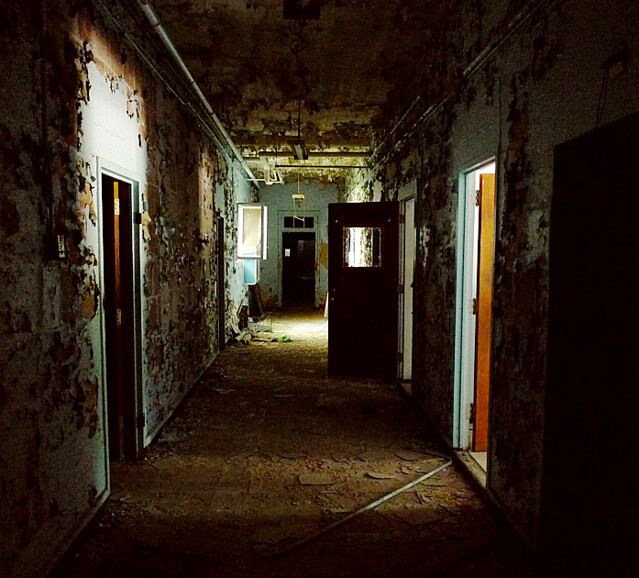
Situated along the main line of the Baltimore and Ohio Railroad, the Henryton Tuberculosis Sanatorium was opened to treat a severe increase in cases of the illness in African Americans. It was among the first facilities to provide the same care the area’s White population received.
However, not everyone believed it was providing quality care, with some feeling the sanatorium was used to exile and quarantine tuberculosis patients, rather than offer them effective treatment.
Erecting the Henryton Tuberculosis Sanatorium
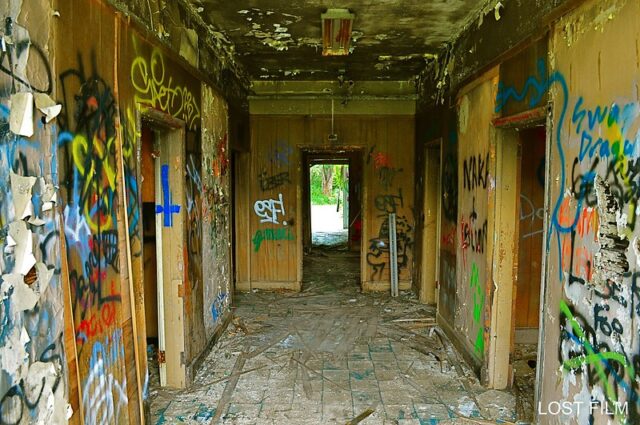
In 1922, construction of the Henryton Tuberculosis Sanatorium, under the supervision of the Maryland Mental Hygiene Council, began. Six main buildings and one utility plant were first opened, with work continuing on other sections until September 1923.
A need to house more tuberculosis patients
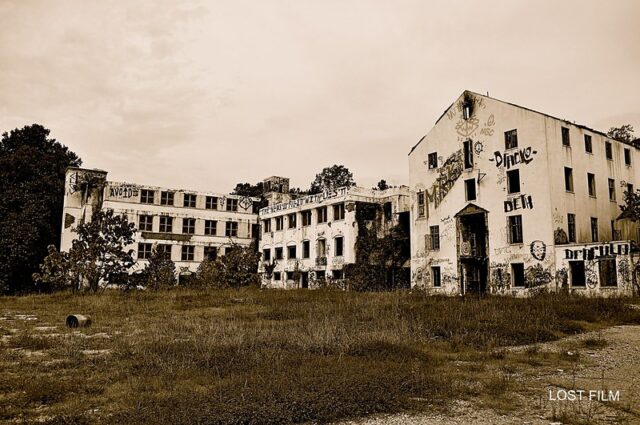
During the height of the tuberculosis outbreak, Maryland‘s African-American population suffered four times the amount of cases as the state’s White residents. As such, in 1938, the Henryton Tuberculosis Sanatorium received $270,000 to expand its property to house an additional 200 patients.
In addition to increasing the number of beds, the facility added a refrigerated mortuary and several municipal buildings. By the time these extensions were completed, the sanatorium had more than doubled in size.
Tuberculosis cases begin to decrease
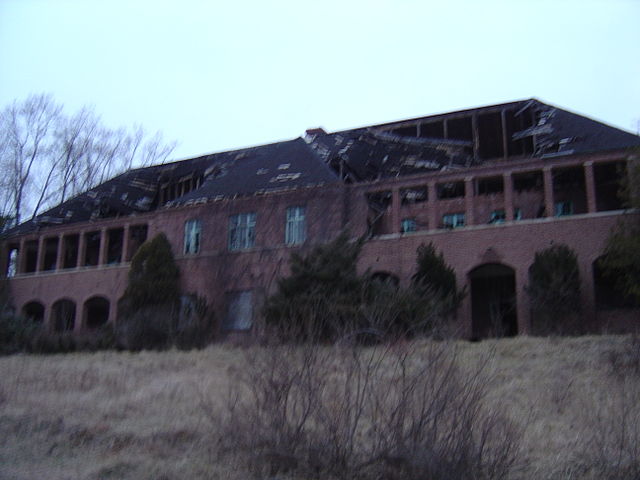
By the 1950s, the number of tuberculosis cases in Maryland had decreased significantly, meaning the newer additions made to the Henryton Tuberculosis Sanatorium were no longer needed. By 1963, just 200 patients were being treated at the facility.
Becoming the Henryton State Hospital
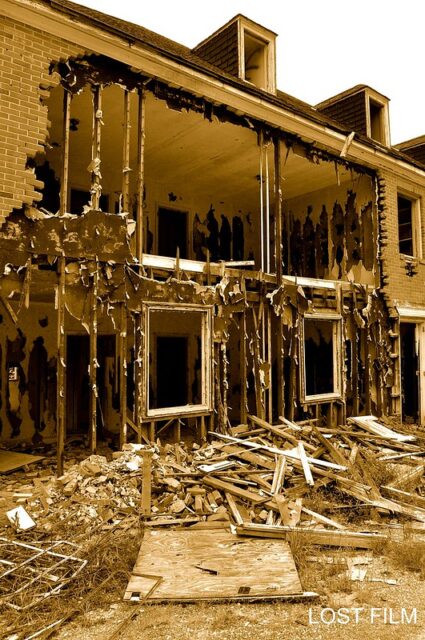
In the early 1960s, the decision was made to merge the Maryland Mental Hygiene Council and the Department of Health into the Maryland Department of Health and Mental Hygiene (DHMH). The Henryton Tuberculosis Sanatorium was subsequently turned into Henryton State Hospital, with a directive to treat adults with disabilities.
The facility also ran a respite program.
A change in mindset makes Henryton State Hospital redundant
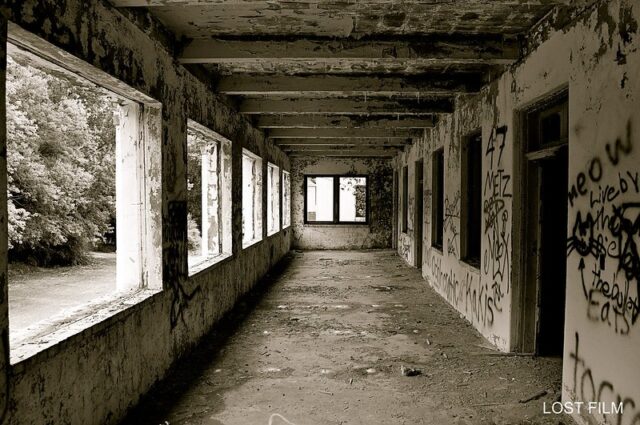
By the 1970s, the public mindset had changed from institutionalizing those with mental and physical disabilities to providing them with adequate outpatient and home care. The number of patients being held at Henryton State Hospital dwindled, with under 100 residing there by 1985.
Phasing out programs at Henryton State Hospital
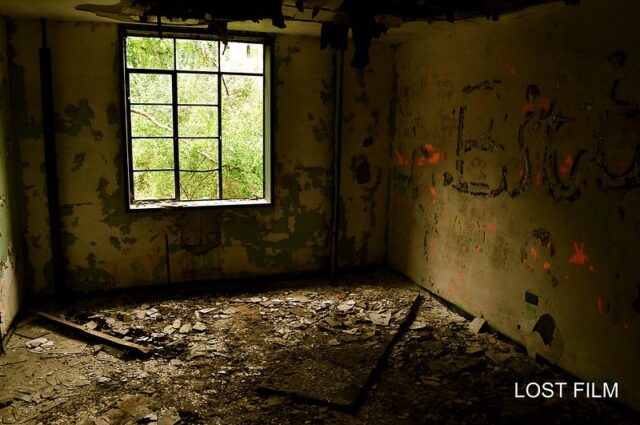
By 1984, the decision was made to begin phasing out programs at Henryton State Hospital, due to the lack of patients. By the fall of the following year, the facility was officially shuttered, never to open again.
Henryton State Hospital becomes a haven for urban explorers
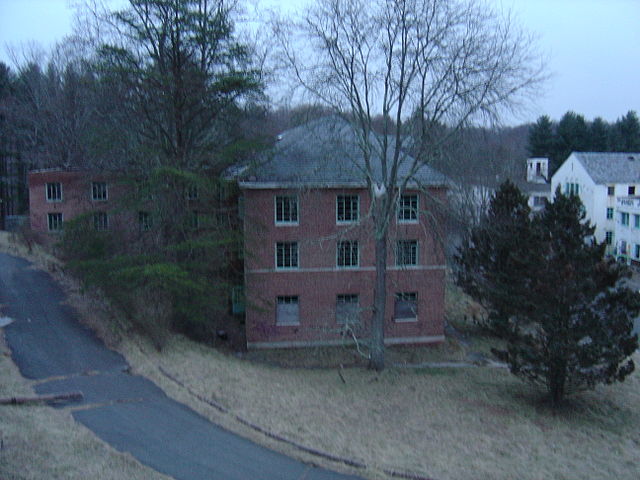
Following its closure, Henryton State Hospital became a popular spot among urban explorers, who were curious to walk around its abandoned remains, despite the Maryland Department of Health and Mental Hygiene prohibiting such excursions. The threat of fines and criminal charges didn’t seem to act as much of a deterrent, nor did the high amounts of asbestos that were used in its construction.
As a result of these illegal visits, windows were broken, littering the property with glass, and doors were knocked down. Inside the buildings, graffiti could be found all over the walls, and a number of suspicious fires broke out, causing extensive damage.
Rehabilitation efforts were attempted
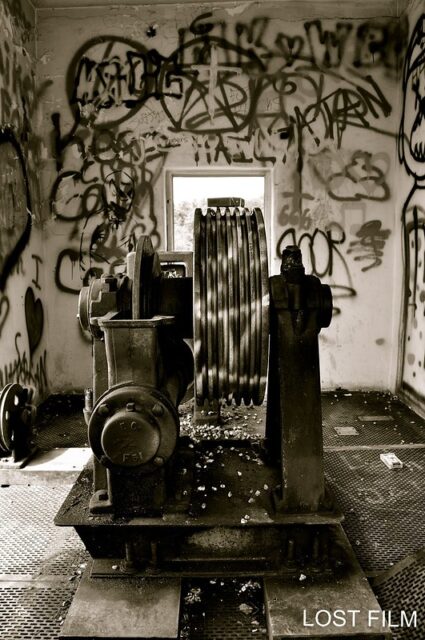
Following its closure, several groups worked to try and rehabilitate Henryton State Hospital, to no avail, given the number of fires that occurred on the premises. By 2012, the buildings posed a hazard to anyone who set foot within them, leading the local county government to call for the facility’s demolition.
Demolishing Henryton State Hospital
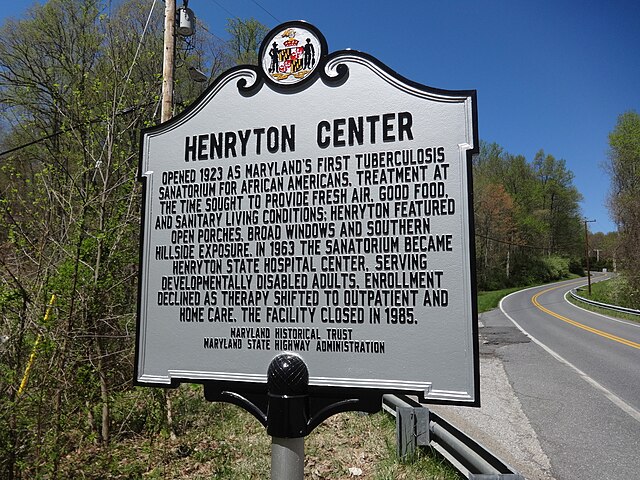
More from us: Uncle Harvey’s Mausoleum: A Lesson In Why You Shouldn’t Risk It All
Henryton State Hospital was no more as of September 2013, with a plaque being the only indicator of where it once stood. Grass was planted on site, with the property being reincorporated into Patapsco Valley State Park, which ran around the facility for the decades it was in operation.
